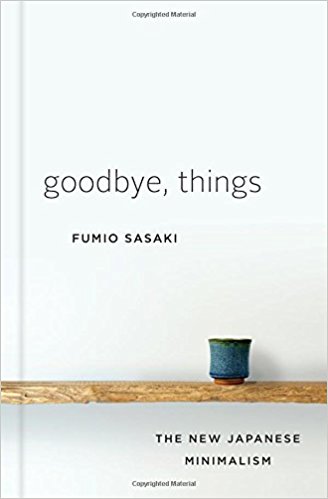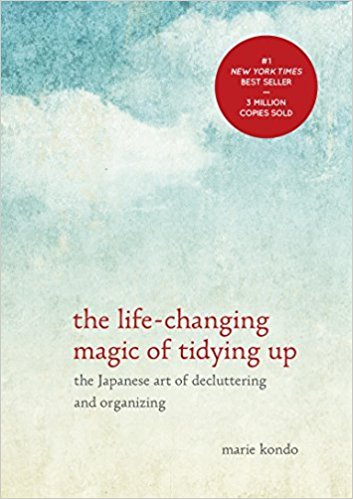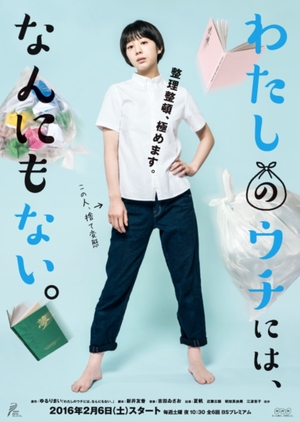Books on Minimalism and how to Declutter
In Japan, de-cluttering is about so much more than a little spring cleaning, when you do it properly and you will find some clear space to think and meditate.
Since the population in Japan is so large and we inhabit some of the smallest apartments, there is always the problem of clutter. Be it a stack of manga, clothes, shoes, etc, it is a constant battle to get rid of unused things.
If you go to your grandparents house you can either find the most minimalistic place or stacks of sentimental things that they don’t want to part with.
For precious things, we have a tradition where we burn them at the temple at new years. For good luck charms that are usually for 1 year, for family things that we cannot throw out as if they were trash, it is a way to respect and release items with a priest. It doesn’t have to be at new years but it is a nice tradition.
For most, we do the 4 season cleaning. Spring, Summer, Autumn, Winter. The most important usually is in winter at the end of the year. A day or two of cleaning and organizing everything and then going to the hot springs to cleanse your body and soul. A type of meditation and reflection and shedding of the old and prepared for the present and new.
This has been translated by Ms. Marie Kondo, the de-cluttering guru who advocates the binning of any possessions that no longer spark joy or are unnecessary. Her book, “The Life-Changing Magic of Tidying up”, has sold more than six million copies.
The Kondo concept is simple enough: empty our a cupboard of anything that you haven’t used in at least a year. If you want to store something, wrap it up, vaumme-pack it and keep it for another season. We have these at our store and it is a good way to store winter clothes, etc. We put some hiba or hinoki wood in as well to prevent any bacteria but gentle enough not to damage or stain your clothing.
In spring it is a good time to wash your cashmere and delicates. For this we have a good product by a brand at our store called Livrer Yokohama.
We also have storage bags so that you can vacuum pack your sweaters and Jackets. We also have cedar blocks to keep your clothes
Our dear friend and incredible architect, Fumihiko Sano, using the traditional form and tools, without nails. Everything is handmade. He recently penned the book called, “Goodbye, Things : The new Japanese Minimalism”. About the lightness when you get rid of unnecessary things. A true minimalist, yet always has impeccable style.



